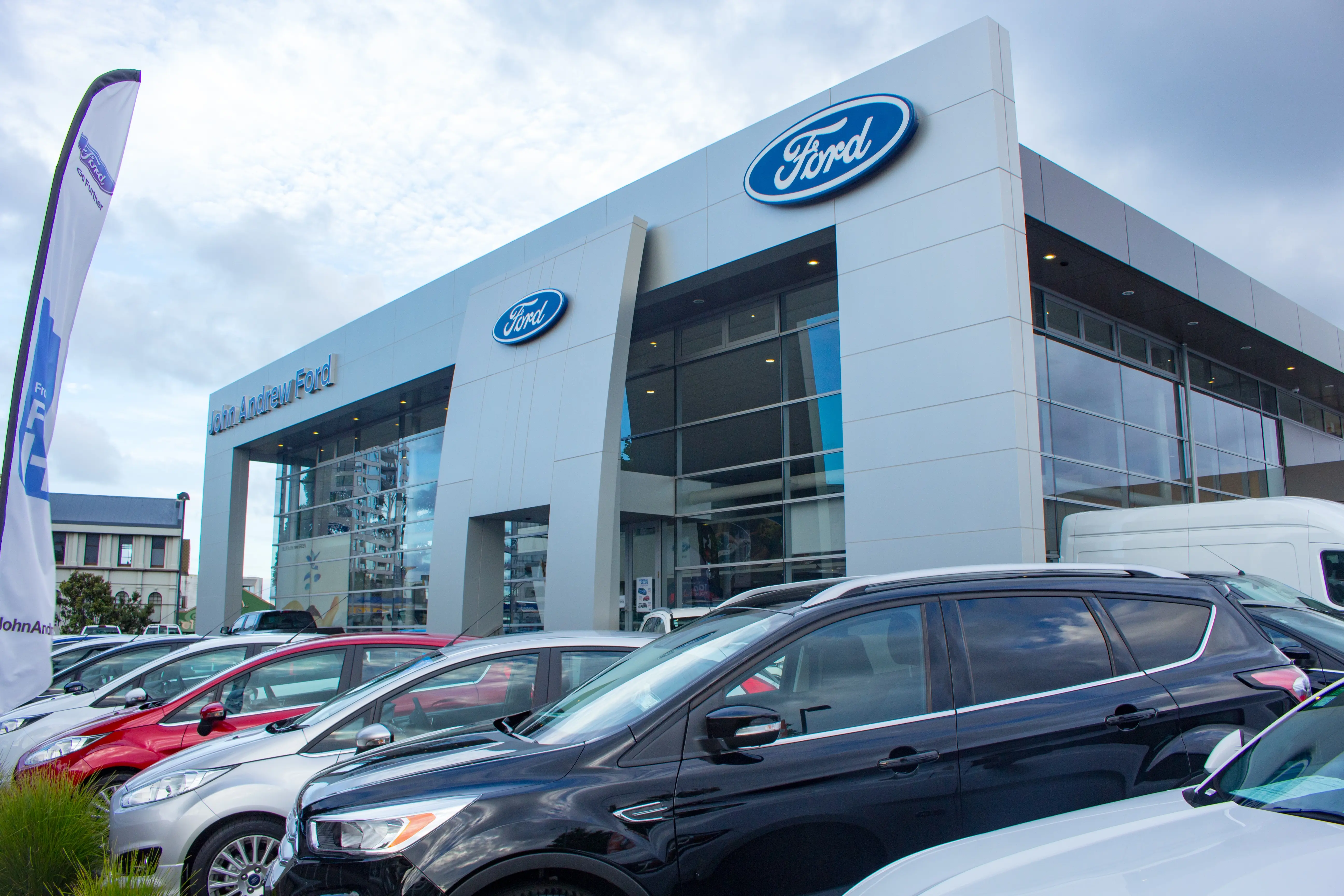Why is Ford recalling over 380,000 vehicles? Complete controversy explained
-
 Ford issues massive recall over potential fire hazards in popular SUVs like the Bronco Sport and Escape.
Ford issues massive recall over potential fire hazards in popular SUVs like the Bronco Sport and Escape.Ford is in the headlines again, and this time it’s not about a shiny new Mustang or some slick EV concept; it’s about recalling over 380,000 vehicles. With the recall buzz growing, it’s only natural to wonder why Ford has called back such a massive number of vehicles, especially under the spotlight of safety concerns. This latest recall isn’t just a technicality; it’s a reactive result of cracked fuel injectors in certain models that could leak fuel, raise fire risk, and place drivers in harm’s way.
Ford’s move comes after an investigation spanning several years and earlier recalls that didn’t fully fix the problem. So here’s a human‑friendly, slightly witty breakdown: what’s happening, what models are involved, how Ford is responding, and why this latest recall is sparking controversy over its timing, cost, and communication.
Why is Ford recalling over 380,000 vehicles? Complete controversy explained
Ford is recalling over 380,000 vehicles, nearly 694,000 in the U.S., covering 2020–2022 Escape crossovers and 2021–2024 Bronco Sport models equipped with the 1.5‑liter turbocharged gasoline direct‑injection engine. The move was prompted by cracked fuel injectors that may leak fuel into the engine compartment, which, in the presence of hot components like turbochargers, could ignite underhood fires.
At first glance, recalling nearly 700,000 vehicles feels dramatic. But the estimated defect rate is low, around 0.3%, or roughly 2,083 out of these cars may have faulty injectors, according to the New York Post. Still, that's a non‑zero public‑safety number. Ford has identified eight under‑hood fires so far tied to the defect, though fortunately, no injuries have been reported yet.
Ford’s official statement says this recall “supersedes” previous attempts in November 2022, March 2024, and March 2025 aimed at the same fault, but those earlier actions relied on software patches alone and didn’t fully resolve the root cause. So now, Ford is doubling down: issuing this larger recall and promising a permanent fix under development. In the meantime, dealers will provide a free engine‑control software update designed to detect cracked injectors. This update temporarily disables the high‑pressure fuel pump, reduces engine power, and lowers turbo/exhaust temperatures to reduce fire risk.
Communication timing is a bit awkward. Recall notices are slated to begin mailing around August 18, 2025, with a follow‑up when the permanent remedy is ready. That delay, combined with prior soft‑patch attempts that didn’t fix the issue, has drawn criticism from safety advocates and consumer watchers alike.
Financially, this recall isn’t trivial. Ford expects to incur about $570 million in related costs, as flagged in its Q2 filings, prompting a ~3.5% drop in its stock price. Still, Ford is treating it as a “special item,” meaning it won’t affect adjusted earnings per share, which remain at around $0.32, down from $0.47 year‑over‑year.So there you have it: Ford is recalling more than 380,000 vehicles (really nearly 700,000) due to cracked fuel injectors, with a fire risk that’s low but serious. The controversy centers on Ford’s handling of earlier recalls that didn’t cut it, delays in mailing owner notices, and the hefty price tag. The fix is coming eventually, but for now, owners get a safety software update to keep things from going up in smoke.
TOPICS: Ford Motor Company